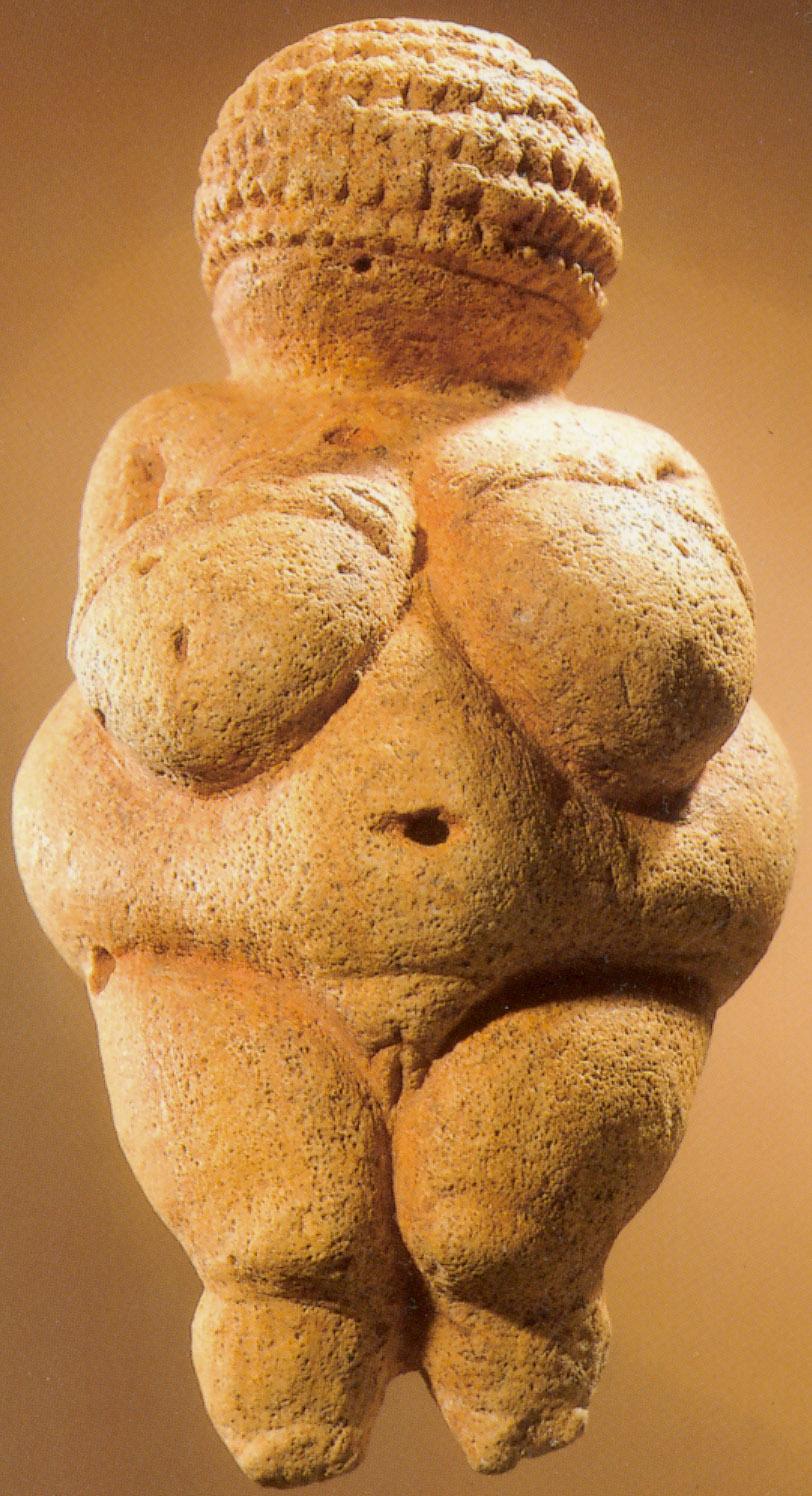
Hundreds of thousands of women bear the physical and mental wounds of gender-based
violence.
NAIROBI, 28 Jan 2005 (IRIN) - Human rights violations against women and children will continue to increase, particularly in conflict-ridden areas of Africa, unless the international community steps up its efforts to combat gender-based violence (GBV), according to UN officials.
“There is no shortage of people willing to work for the cause,” Maha Muna, the UN Development Fund for Women (UNIFEM) Programme Manager for Governance, Peace and Security, told IRIN. “What is needed to address the escalating problem of GBV are more resources.”
“We receive proposals from NGOs around the world for up to US $15 million, but can only fund activities worth $1 million,” Muna said at a workshop on enhancing protection from gender-based violence in populations affected by armed conflict, held in Kenya’s capital, Nairobi, from 25-28 January.
The UN children’s fund, UNICEF, and UNIFEM hosted the workshop, which sought to bring together key GBV actors in Africa to evaluate progress made so far and begin mapping the course for increased collaboration in addressing GBV in populations affected by armed conflict.
“This is a forum for organizations to share information on the progress GBV intervention has made and to address the factors that are impeding greater success in those interventions,” Beth Vann, facilitator of the event and global GBV technical advisor for the Reproductive Health and Refugees Consortium, said.
“Internationally, there is a serious lack of understanding of, and belief in, GBV as a humanitarian issue, despite the fact that it is a heavily documented issue,” Vann added. “As a result, it continues to receive insufficient funding.”
Agencies and organizations represented at the meeting came included UNHCR, the UN Population Fund, the UN Office for the Coordination of Humanitarian Affairs, the Forum for Activists Against Torture (FACT) and local and international organisations involved in GBV-related policy making and implementation.
“It would be useful if this meeting led to better coordination among organisations which handle GBV, as it would enable us to cover this hugely challenging problem more efficiently,” Harriet Musoke, programme officer for Uganda’s ISIS-Women’s International Cross Culture Exchange, said.
“The scale of the problem is so large that we need to partner with local NGOs if we are to reach as many survivors of GBV as we would like to,” Pamela Shiffman, UNICEF’s programme officer on sexual exploitation and violence, told IRIN.
The UN General Assembly passed a Declaration on the Elimination of Violence Against Women in 1993.
One of the few multi-lateral, grant-making mechanisms that support local, national and regional efforts to combat gender-based violence is UNIFEM’s Trust Fund in Support of Actions to Eliminate Violence Against Women.
Taken From: the UN Office for the Coordination of Humanitarian Affairs - http://www.irinnews.org/report.asp?ReportID=45282&SelectRegion=Africa&SelectCountry=AFRICA